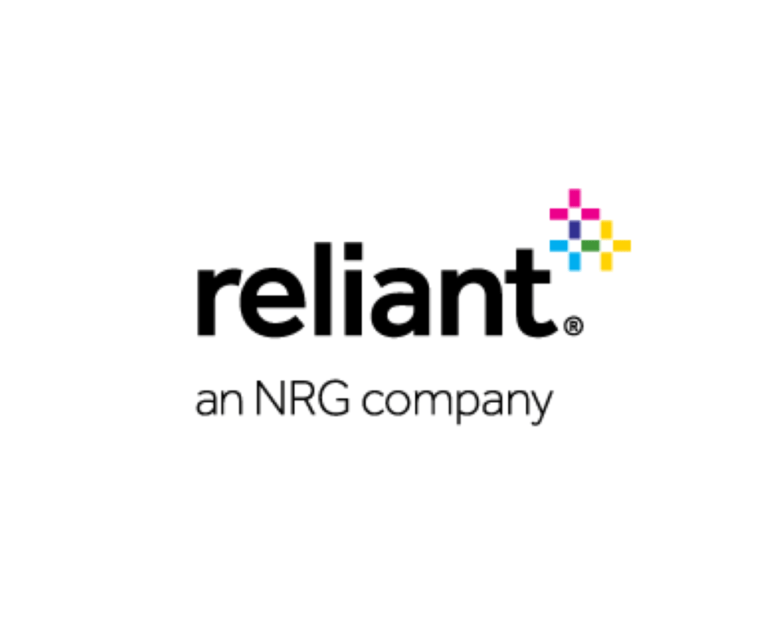
ExxonMobil is currently facing numerous lawsuits from states and localities, accusing the company of deceiving the public for many years regarding its involvement in climate change and the risks associated with burning fossil fuels.
However, the company has decided to take a proactive approach by filing a lawsuit against investors who are urging the company to reduce pollution that contributes to global warming.
Investors in publicly traded companies, such as ExxonMobil, attempt to influence corporate policies by submitting shareholder proposals that are voted on during annual meetings.
ExxonMobil claims that it has grown tired of two investor groups that it believes are misusing the system by repeatedly submitting similar proposals each year, attempting to excessively control the company’s operations.
This lawsuit by ExxonMobil highlights the increasing tensions between companies and activist investors who are demanding that corporations take more significant steps to minimize their impact on the climate and prepare for a warmer world.
Both sides of the case argue that it could potentially lead to a surge in corporate litigation against climate activists. This situation arises at a time when global temperatures are continuing to rise, and industry analysts suggest that most companies are not on track to achieve the emission reduction targets they have set.

Josh Zinner, the CEO of the Interfaith Center on Corporate Accountability, a coalition of investors that includes a defendant in the ExxonMobil case, acknowledges that Exxon is significantly increasing its efforts by pursuing this legal action.
Zinner highlights the potential consequences of this approach, stating that it could be adopted by other companies not only to obstruct resolutions but also to discourage shareholders from raising climate-related concerns altogether.
“Exxon is really upping the ante here in a big way by bringing this case,” Zinner said. “Other companies could use this tactic not just to block resolutions but to intimidate their shareholders from even bringing these [climate] issues to the table.”
josh zinner
ExxonMobil has stated in an email that it is taking legal action against Arjuna Capital and Follow This, two investor groups, due to the lack of enforcement by the U.S. Securities and Exchange Commission (SEC) regarding rules concerning the resubmission of shareholder proposals.
According to ExxonMobil, the court is the appropriate venue to seek clarification on SEC regulations, emphasizing that the case does not revolve around climate change.
The increasing pressure from investors for businesses to address climate change is a growing concern. Charles Crain, a vice president at the National Association of Manufacturers, which represents ExxonMobil and other industrial companies, highlights that other corporations are closely observing the outcome of ExxonMobil’s case.
Crain raises the question of whether the courts can succeed in areas where the SEC has not made sufficient efforts, particularly in allowing the exclusion of politically motivated proposals.
SOURCE: Exxon Mobil News







